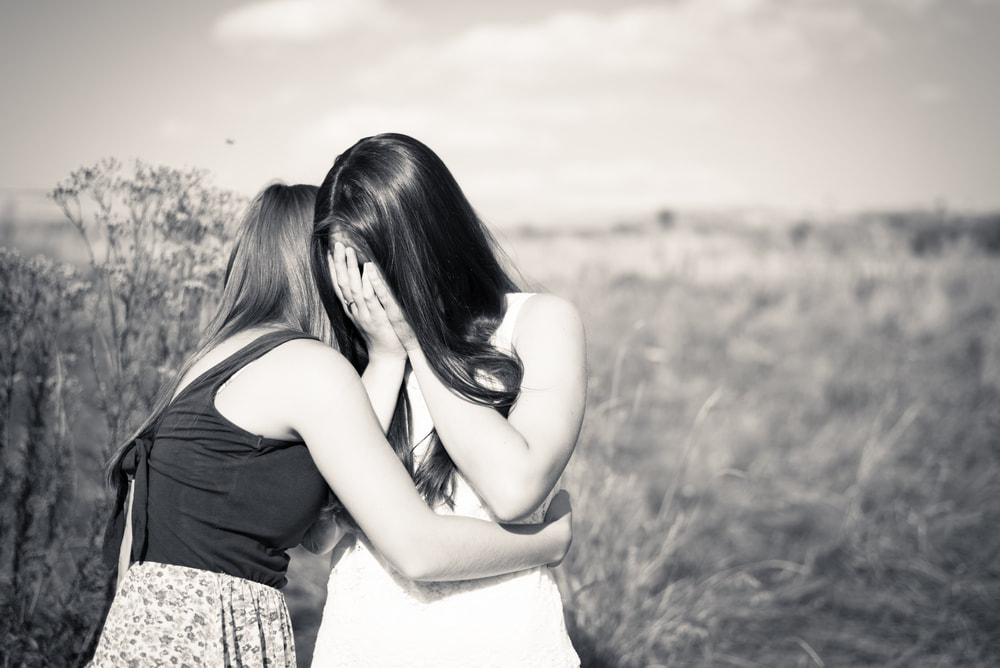|
In an ambiguous world, few things are both certain and final. Death is one of them, yet many of us don't know what to do when someone we love loses someone they love. As a grief therapist and counselor, I have observed over the years how intricately fear and anxiety are stitched into the grieving process--for both the griever and for his or her support system. The most common fear among those asked to bear witness to grief is that of saying or doing the wrong thing. This is understandable. We would never want loved ones to hurt more than they are already hurting, certainly not by something we said or did. We may err on the side of staying away, giving those in mourning the space we tell ourselves they need, which, if we are totally honest, is really a way of protecting ourselves from the discomfort associated with making a mistake. There is only one problem with this approach. Anyone in mourning will tell you that it hurts most when others say or do nothing at all. People in acute grief are ashamed of their vulnerability. They worry their pain is more than others can bear. Silent phones, empty mailboxes, and shadowless doorways confirm this fear. Losing a loved one is like being dropped, without a map, into a foreign country where we don’t speak the language. Even the most mundane tasks seem unfamiliar or insurmountable. What better time for a friendly face to happen by with a warm hand, kind words, and a sandwich? Here are a seven things you can do to show support for someone who is grieving:
Even if your texts, calls, and gestures go unanswered, I promise you they do not go unnoticed. Your presence communicates to your loved one, "I can handle this. I'm here. You matter." The above tips were originally featured in this article. If you would like more suggestions on how to support someone who is grieving, be sure and check it out! If you have any thoughts on how to show support when a loved one dies, please feel free to share them in the comments section below. Dr. Jill Gross is a licensed psychologist, therapist, and counselor. She offers grief therapy, divorce support, and other counseling services in the Phinney Greenwood area of Seattle, WA. If you've recently experienced a loss and want to know more about how grief counseling can help you find the forward path, schedule a free consultation.
3 Comments
10/20/2021 05:42:16 pm
I like your grief tips. My sister just died. I should see a counselor.
Reply
Dr. Jill
10/20/2021 07:32:37 pm
Thanks, Tex. I'm glad you liked the tips. Condolences for the loss of your sister. Of course I'm bias but I think grief therapy can be useful tool for working through the complex feelings that arise after a sibling (peer) dies. If you'd like some help with the search, please feel free to email me.
Reply
5/24/2023 09:09:37 pm
I don't have any idea why, with regards to death, we say we lost somebody. They're not absent or lost. They're whisked away from the most secure hug.
Reply
Your comment will be posted after it is approved.
Leave a Reply. |
AuthorDr. Jill Gross is a licensed psychologist, specializing in grief and divorce. Her coaching and therapy practice is located in the Phinney - Greenwood area of North Seattle in Washington. Archives
May 2021
Categories
All
|
HoursM-TH: 8:30 AM - 2:00 PM.
By Appointment Only |
Telephone & Email |
Address503 N. 50th Street
Seattle, WA 98103 |
*Header Photographs courtesy of Josh Martin



